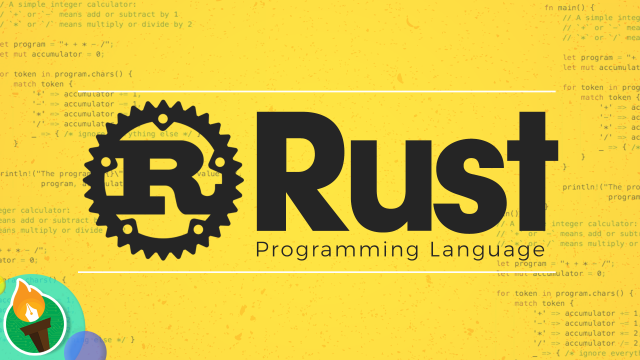原文:https://course.rs/basic/match-pattern/match-if-let.html
目录
模式匹配
enum Direction {
East,
West,
North,
South,
}
fn main() {
let dire = Direction::South;
match dire {
Direction::East => println!("East"),
Direction::North | Direction::South => {
println!("South or North");
},
_ => println!("West"),
};
}
- match 的匹配必须要穷举出所有可能,因此这里用 _ 来代表未列出的所有可能性
- match 的每一个分支都必须是一个表达式,且所有分支的表达式最终返回值的类型必须相同
- X | Y,类似逻辑运算符 或,代表该分支可以匹配 X 也可以匹配 Y,只要满足一个即可
match target {
模式1 => 表达式1,
模式2 => {
语句1;
语句2;
表达式2
},
_ => 表达式3
}
模式绑定
enum Action {
Say(String),
MoveTo(i32, i32),
ChangeColorRGB(u16, u16, u16),
}
fn main() {
let actions = [
Action::Say("Hello Rust".to_string()),
Action::MoveTo(1,2),
Action::ChangeColorRGB(255,255,0),
];
for action in actions {
match action {
Action::Say(s) => {
println!("{}", s);
},
Action::MoveTo(x, y) => {
println!("point from (0, 0) move to ({}, {})", x, y);
},
Action::ChangeColorRGB(r, g, _) => {
println!("change color into '(r:{}, g:{}, b:0)', 'b' has been ignored",
r, g,
);
}
}
}
}
if let 匹配
当你只要匹配一个条件,且忽略其他条件时就用 if let ,否则都用 match。
if let PATTERN = SOME_VALUE {
}
let v = Some(3u8);
match v {
Some(3) => println!("three"),
_ => (),
}
// --->
if let Some(3) = v {
println!("three");
}
while let条件循环
#![allow(unused)]
fn main() {
// Vec是动态数组
let mut stack = Vec::new();
// 向数组尾部插入元素
stack.push(1);
stack.push(2);
stack.push(3);
// stack.pop从数组尾部弹出元素
while let Some(top) = stack.pop() {
println!("{}", top);
}
}
matches!宏
Rust 标准库中提供了一个非常实用的宏:matches!,它可以将一个表达式跟模式进行匹配,然后返回匹配的结果 true or false。
enum MyEnum {
Foo,
Bar
}
fn main() {
let v = vec![MyEnum::Foo,MyEnum::Bar,MyEnum::Foo];
// 错误
//v.iter().filter(|x| x == MyEnum::Foo);
v.iter().filter(|x| matches!(x, MyEnum::Foo));
// 更多例子
let foo = 'f';
assert!(matches!(foo, 'A'..='Z' | 'a'..='z'));
let bar = Some(4);
assert!(matches!(bar, Some(x) if x > 2));
}
变量覆盖
fn main() {
let age = Some(30);
println!("在匹配前,age是{:?}",age);
if let Some(age) = age {
println!("匹配出来的age是{}",age);
}
println!("在匹配后,age是{:?}",age);
}
注意,match 中的变量覆盖其实不是那么的容易看出,因此要小心!
